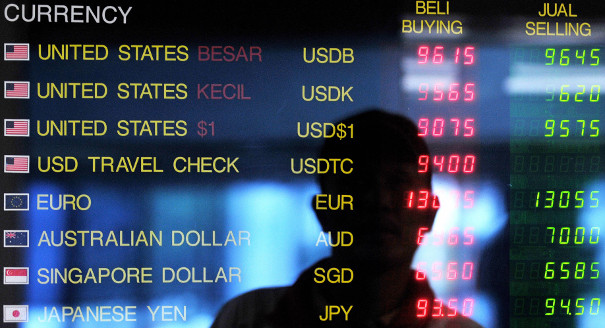Registration
You will receive an email confirming your registration.
Twenty years have passed since the Asian financial crisis, a landmark event that triggered massive economic disruption in the heart of Asia even as its shockwaves reached as far afield as Russia and Brazil. In a few Southeast Asian countries, political and economic institutions were shaken to their very core and economic progress and poverty reduction were set back by years. The Carnegie Endowment for International Peace, the ASEAN+3 Macroeconomic Research Office, and the Johns Hopkins SAIS Asia Programs hosted a look back on how these economies fared during the crisis and in the years since. Panelists asked whether the economic institutions these countries rebuilt or restored will prove capable of managing future economic shocks.
A recently published report by the ASEAN+3 Macroeconomic Research Office entitled Twenty Years After the Asian Financial Crisis provided the backdrop to a discussion of these issues by a panel of eminent economists with considerable experience in Asia.
Yasuyuki Sawada
Yasuyuki Sawada is the chief economist for the Asian Development Bank (ADB). Prior to joining ADB, he was professor in the Faculty of Economics in the University of Tokyo.
Hoe Ee Khor
Hoe Ee Khor is chief economist at the ASEAN+3 Macroeconomic Research Office (AMRO). Prior to joining AMRO, Khor was a deputy director of the Asia and Pacific Department at the International Monetary Fund.
Sudhir Shetty
Sudhir Shetty is the chief economist for the East Asia and Pacific Region of the World Bank. Previously, he was the director for poverty reduction and economic management for the East Asia and Pacific Region.
Markus Rodlauer
Markus Rodlauer is the deputy director of the Asia Department at the International Monetary Fund. He has held several senior positions in the IMF, including in Asia, Europe, and Latin America.
Vikram Nehru
Vikram Nehru is a distinguished practitioner-in-residence at Johns Hopkins University School of Advanced International Studies.
